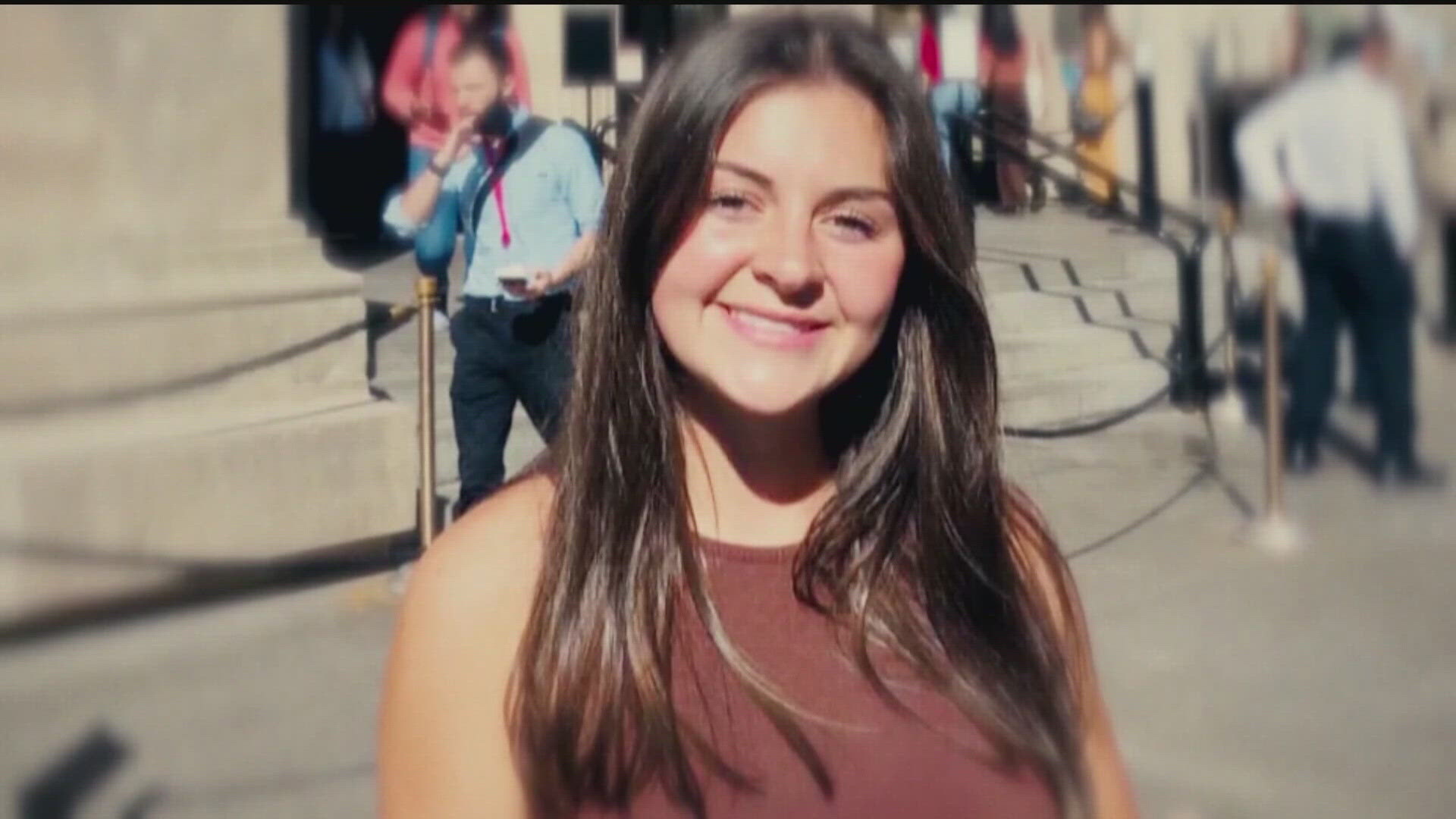ATLANTA — The trial of 26-year-old Jose Ibarra, convicted in the murder of University of Augusta nursing student Laken Riley, has highlighted the pivotal role of technology in modern criminal investigations. Experts say this case could set a precedent for using digital evidence in courtrooms.
Emory University School of Law's Associate Dean of Academic Programs and Students, John Acevedo, noted the swift nature of the trial after opening arguments started last Friday and concluded Wednesday with both a conviction and sentencing.
"You don't see this in every case," Acevedo said. "The technological evidence allowed for a timeline down to the seconds before Riley's death, making this case quick and decisive."
A Timeline Built on Technology
The prosecution presented a detailed narrative of the events leading to Riley’s death on February 22, 2024.
- Day 1: Surveillance footage captured Ibarra, wearing a black hat, hoodie, and gloves, on the University of Georgia campus.
- Day 2: Data from Riley's smartwatch revealed her heart rate, speed, and exact location, providing a minute-by-minute account of her final moments.
- Day 3: The 22-year-old's last communication was a text message sent to Riley’s mother moments before she went for a run.
Key evidence also included a video showing Ibarra following Riley during her jog. The Garmin Riley was wearing tracked not only her movements but also the struggle that ensued and the fight for her life.
"This case showcased the capability of devices to provide critical insights," Acevedo said. "From cameras to wearable tech, these tools were instrumental in tying Ibarra to the crime."
Broader Implications
Acevedo believes this trial will prompt tech companies to reassess data privacy and access policies.
"On one hand, this is a tremendous aid to law enforcement," he said. "On the other, it raises questions about how this data should be handled."
He said law enforcement agencies are increasingly expected to rely on digital evidence in future investigations.
"What stood out most was how technology illuminated Riley’s final moments, providing her family with justice," Acevedo added.
Ibarra was sentenced to life in prison without parole on Wednesday following his conviction.

